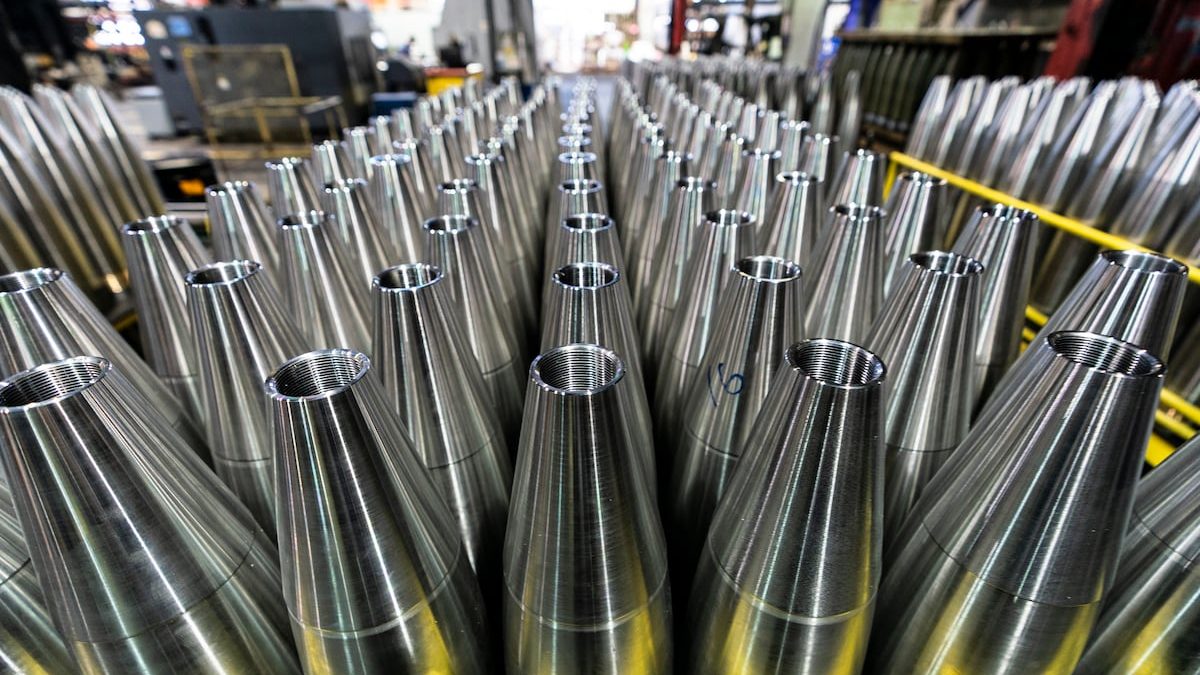After sourcing all of its TNT from overseas allies, the U.S. Army has taken a step forward to begin producing the explosive material domestically by awarding a contract to REPKON USA-Defense LLC to design and build a new production facility in Graham, Kentucky.
The contract has a ceiling of $425 million, according to a service statement, but does not provide a construction timeline.
“This award will reestablish TNT production swiftly and at scale on U.S. soil for the first time in decades,” the statement added.
“This is a major step forward in rebuilding our industrial base and ensuring we have the critical capabilities to support our warfighters,” Doug Bush, Army acquisition chief, said in the statement. “Reshoring TNT production gives us the ability to control and secure our supply chain for this vital component, especially in an era of increasing global challenges.”
The Army has spent several years since the start of the war in Ukraine working to diversify its supplier base for 155mm artillery shells. Production previously relied on critical components from single sources across the supply chain.
Bush told Defense News earlier this fall that the service was racing toward a goal of shoring up all major single source that provide parts or materials for 155mm munitions by the end of 2025 and said to expect a “a lot of ribbon cuttings” between now and the end of the year.
The U.S. has not produced TNT domestically for decades and was considering possible locations to produce it to include Radford Army Ammunition Plant in Virginia, Bush told Defense News in a previous interview. He said at the time that once a contract was in place, the plan was to build it in 48 months.
“This new state-of-the-art facility is essential to the [Joint Program Executive Office for [Armaments and Ammunition]’s mission to develop, procure and field safe, reliable and lethal munitions to our joint warfighters and international partners,” Maj. Gen. John Reim, head of JPEO A&A, said. “This project will also further strengthen our defense industrial base, enabling munitions production at speed and scale.”
Jen Judson is an award-winning journalist covering land warfare for Defense News. She has also worked for Politico and Inside Defense. She holds a Master of Science degree in journalism from Boston University and a Bachelor of Arts degree from Kenyon College.
Read the full article here


